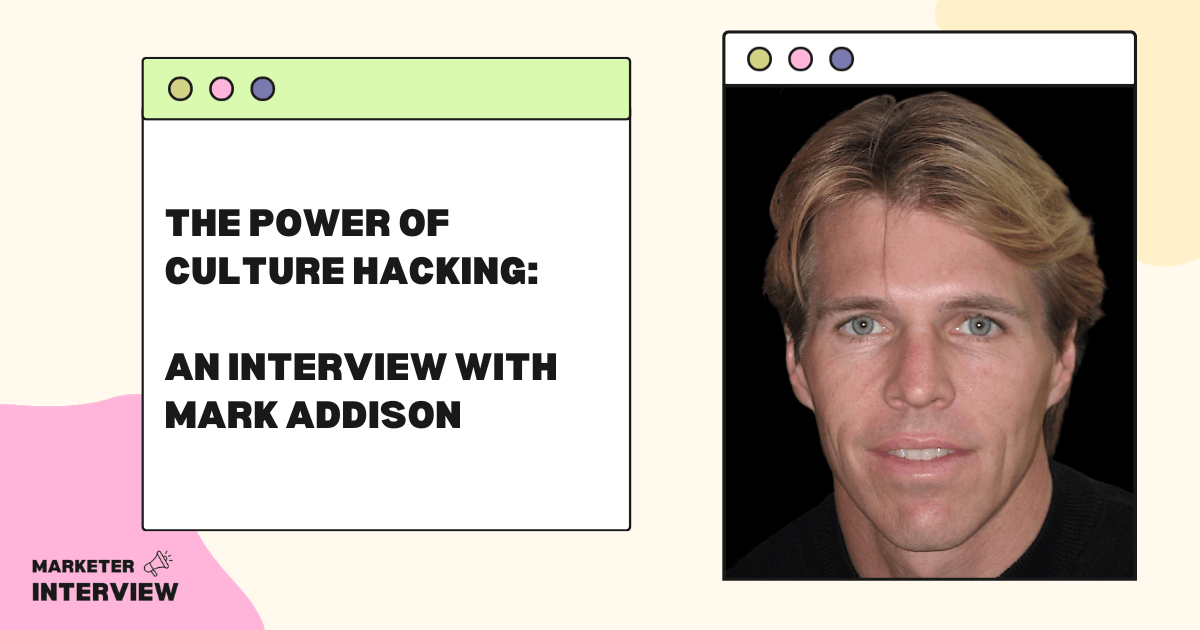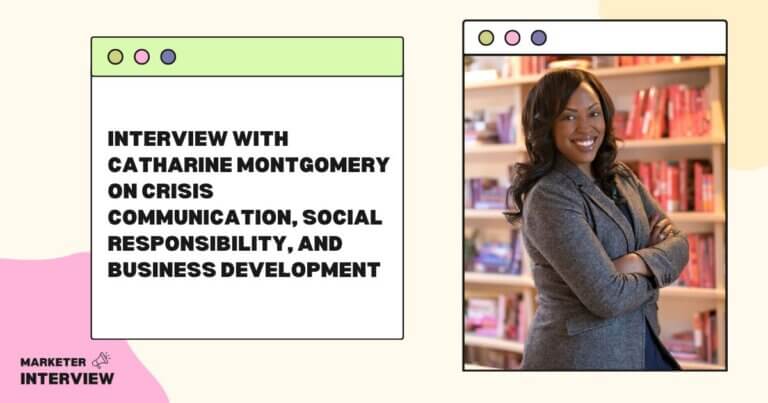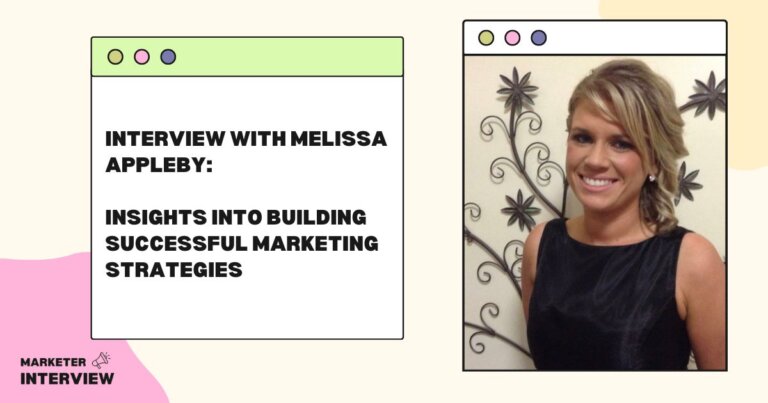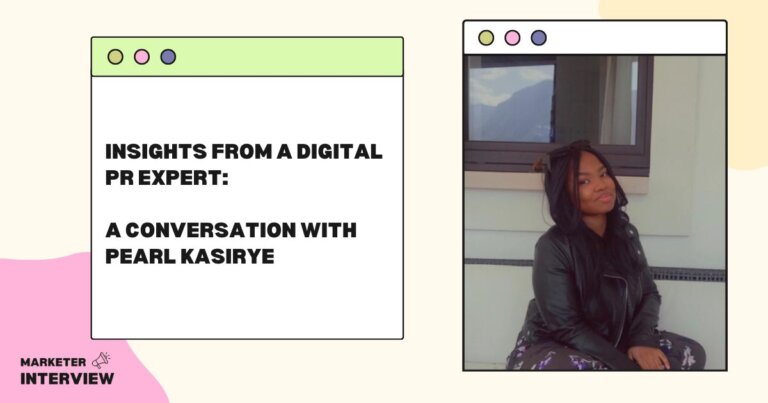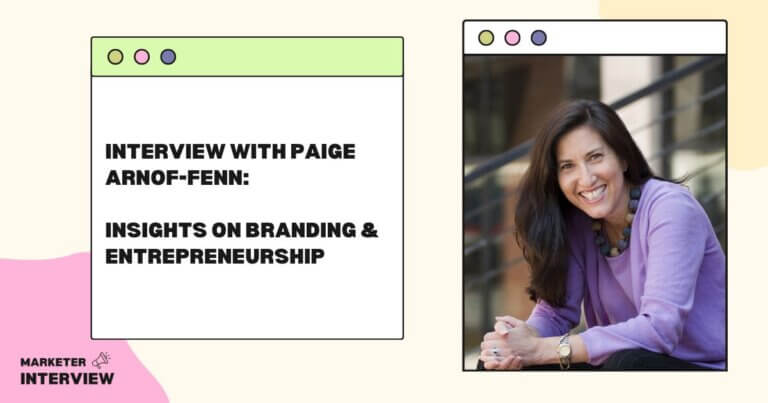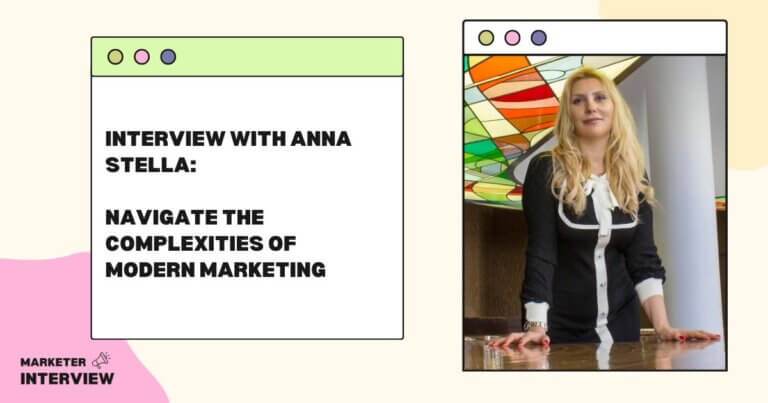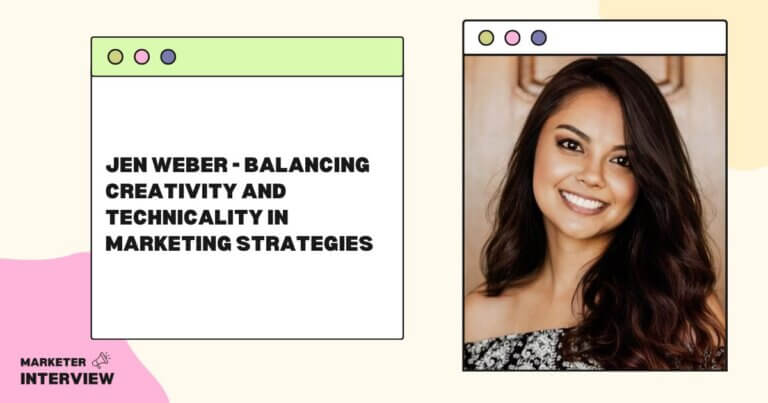The Power of Culture Hacking: An Interview with Mark Addison
Welcome to Marketer Interview, where we delve into the minds of exceptional marketers and explore their journeys, expertise, and the secrets behind their success.
In this edition, we have the pleasure of interviewing Mark Addison, Chairman & CEO of Rocket Science.
With an impressive track record of client successes and industry recognition, Mark has perfected a strategy called “Culture Hacking,” which has revolutionized how companies alter cultural norms and create viral influence.
Let’s jump into Mark’s fascinating career and learn more about his expertise in this intriguing field.
Contents
- 1 Can you tell us about your journey into the field of marketing and how you discovered your passion for it?
- 2 What inspired you to develop the “Culture Hacking” concept, and how did you develop such a groundbreaking strategy?
- 3 Could you provide examples of how you’ve successfully altered cultural norms through your culture-hacking approach?
- 4 Your track record includes five client IPOs and recognition from the Harvard Business Review for having the most successful strategy in history. What do you believe sets your approach apart from others in the industry?
- 5 As the Chairman & CEO of Rocket Science, what role does strategy play in your day-to-day activities? How do you ensure your strategies align with your client’s goals?
- 6 In the digital age, how do you leverage digital marketing and intelligent storytelling to amplify the effects of culture hacking? Can you share any notable campaigns or experiences?
- 7 With the rise of social media advertising, how do you optimize Facebook and Google ad spending to maximize the impact of your culture-hacking initiatives?
- 8 PR and media relations play an essential role in spreading brand awareness. How do you approach these areas to enhance the success of your culture hacking campaigns?
- 9 Lastly, please share some insights into the tools and software you use to execute your culture-hacking strategies effectively.
Can you tell us about your journey into the field of marketing and how you discovered your passion for it?
I came from the market research sector, where I analyzed large data sets using multivariate statistics. Today, we would call it Data Science, but back then, it was just called statistical analysis.
It was there that I discovered a passion for seeing visual patterns in the numbers – in the tangible outputs like the correlation matrices clustering plots and regression graphs – and then explaining what was going on by writing out stories to help marketing teams come up with their consumer targeting strategies and campaign ideas.
That was my entré into the field of marketing.
What inspired you to develop the “Culture Hacking” concept, and how did you develop such a groundbreaking strategy?
Culture Hacking is a strategy that we developed within my current firm, Rocket Science PR, and we have evolved it through real-world experimentation with our clients.
The inspiration started with a client that sold antivirus security software. The Culture Hack was that we tapped into consumers’ pent-up anger about hackers and “Bad Guys” and re-directed that energy toward evangelizing AV software for a better society. We have used a similar strategy for privacy technology, a top-10 University, an ad-blocker technology, et cetera.
When we implemented it with our ad-blocker client, we had our Culture Hacking strategy nailed. We hit a vein with that: we had cover stories in the mainstream press; Howard Stern talked about us on his broadcast. South Park did an episode about it. Our client became the #1 most-downloaded browser extension in history, and Harvard Business Review wrote a whole case study about it. We indeed hacked popular culture with that one.
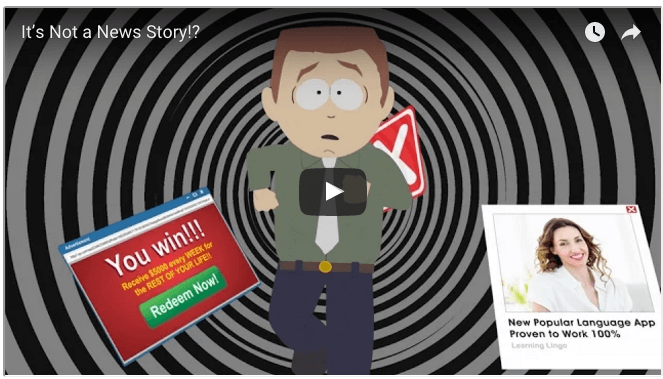
Could you provide examples of how you’ve successfully altered cultural norms through your culture-hacking approach?
Sure, I can give you some detailed examples. I mentioned that our inspiration started with a security software company, so let me dive into that one first:
With the antivirus client, our assignment was to triple their installed customer base and get their brand ready for an IPO. If you don’t know the AV sector, it’s a commodity space where all the products have the same features, and many vendors offer their products for free.
The sector is also pretty saturated, so winning market share usually means taking customers away from a competitor – which can be very ROI-challenging if you offer a $0 product. But we kept thinking: if we could convince each current customer to convert just two of their friends, we could triple the installed customer base overnight and be done.
So we thought, let’s unite the customer base around a common enemy – the hackers and ‘Bad Guys’ who were messing things up. That’s where the Culture Hacking idea took root: we could tap into the pent-up anger about having to watch your back all the time from Bad Guys trying to steal your credit card number or hack your online accounts. We could re-direct that energy to get customers to evangelize AV software to two of their friends and triple our client’s installed base.
Now, moving from strategy to implementation, there was an opt-in feature in our client’s AV product that let customers share data about what viruses and Trojans and other nasties their computer AV was blocking and send that up to a central server so that the security analysts could see global trends. It was crowd-sourcing security intel from millions of end-points.
So we coined this concept of “We protect Us” to enroll customers into seeing AV software as a greater good for society. It resonated because we kept reminding people they have some agency in protecting “their” Internet. We printed stickers of evil-looking ‘Bad Guys’ to hand out and gave people a rallying cry: “Let’s take back our Internet.” We even convinced the CEO to stage a (peaceful) protest march and sent the video to the press.
The result was more like a movement than a marketing campaign because real emotions fueled it, and the marketing message was authentic and baked into the product’s technology. Customer signups ballooned; selling costs decreased significantly; press coverage skyrocketed 300%. The investment bankers even used our ‘We protect Us’ message as the theme for their IPO roadshow. It became a self-fulfilling cycle, an actual culture hack.
Another tangible example of altering cultural norms is our ad-blocker client:
This time, we tapped into consumers’ pent-up annoyance toward predatory advertising and re-directing that energy toward crowd-sourcing, a definition of “acceptable” advertising. The ad-blocker extension became much more than a blocking tool; it became a way for an average person to stand up for what is fair and proper and send a clear message to the ad-tech industry. To give you some idea, our best-performing hashtag was #BlockYou. We wrote out an actual Bill-of-Rights-style manifesto that people could sign. We gave consumers a tool to take agency. And best of all, the press loved all the fuss and gave us constant attention and coverage, which amplified things.
That worldwide consumer defiance – 1.3 Billion downloads of the ad blocker in short order – plus all the press attention that our Culture Hack created put pressure on Google and everyone else in the ad-tech ecosystem to clean up their act. Before our ad-blocker protests, consumers were helpless and resigned to getting ever-more aggressive pop-up ads, pop-under ads, auto-play ads, and malvertising. Today, most intrusive ad techniques are forbidden; there are industry-sanctioned bans.
So, we altered cultural norms and reformed the ad-tech sector.
Your track record includes five client IPOs and recognition from the Harvard Business Review for having the most successful strategy in history. What do you believe sets your approach apart from others in the industry?
Yeah, we do have a pretty good track record.
Getting a company to an M&A acquisition or an IPO requires a holistic re-think of how to compete and win in your particular sector. You have to think like a founder, like an investor, and like a marketer. Implementing your marketing strategy also requires a total buy-in from the C-team and the Board.
What sets Rocket Science apart from others in the industry is that we have both a bold strategy and a trust factor. We earn the confidence of the C-levels and the Board to let us run with a strategy long enough to see it through.
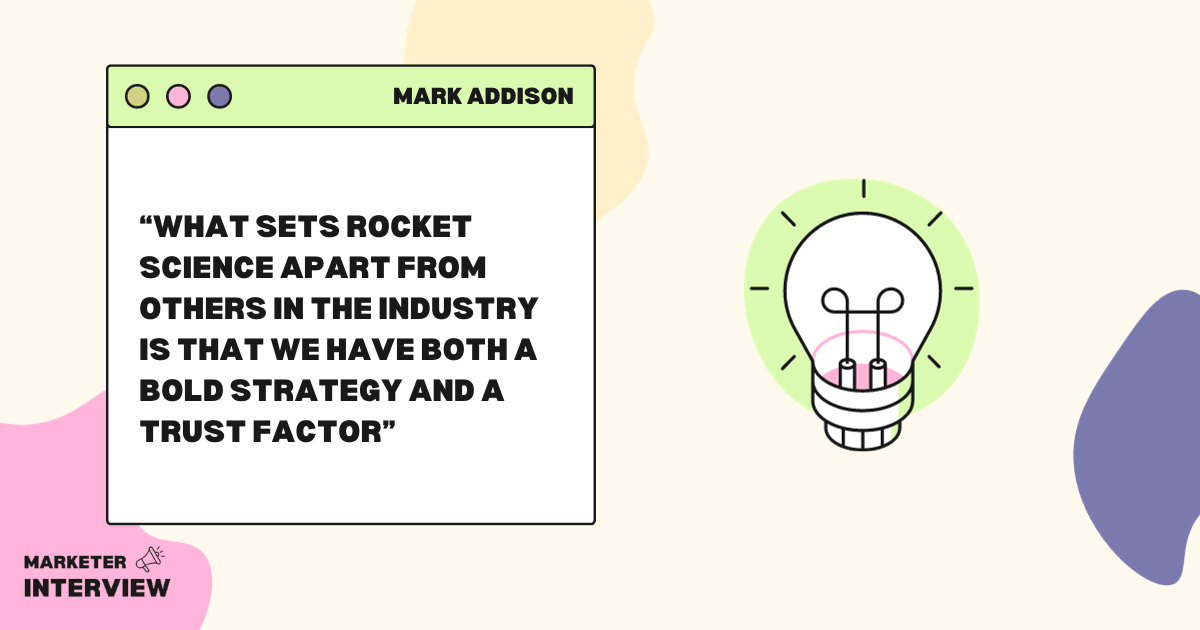
As the Chairman & CEO of Rocket Science, what role does strategy play in your day-to-day activities? How do you ensure your strategies align with your client’s goals?
Strategy is everything; it separates Rocket Science from armies of low-cost content producers and generic marketing consultants. And we don’t just align our strategy with client goals; we take inspiration from them. Our strategies are borne from our client’s goals.
Sometimes, our client mandate is a specific $ revenue target or % market share target. Still, their goals are often broad but life-altering imperatives like, “We need to improve our valuation before our next funding round,” or “We need to get onto the radar screen to attract M&A.”
Developing strategies for these situations is the most fun because it requires digging deep into the client’s business and technology to find the core value. That nugget can be crucial to positioning for successful M&A or $ funding valuation, or that nugget can be the defensible story and competitive differentiation that you ride to IPO.
For example, we helped a healthcare software application (re)position for M&A, and the core value nugget they were completely overlooking was their massive in-house database of clinical outcomes. The highest and best valuation for the company had little to do with their actual software application, and our marketing strategy was to reposition the entire company as a healthcare data analytics company. A PE firm subsequently acquired them for many multiples over what they were offered when they tried to get acquired for their software app.
Strategy can make or break a deal. We’ve been talking in this interview mostly about Culture Hacking, and it’s certainly a flexible strategy, and we use it when it’s appropriate. But it’s not our only tool.
We’ve already covered the importance of intelligent storytelling to amplify culture hacking. And we did deep dives into two notable campaigns as well. As for how to leverage digital marketing in general, if you are talking about paid digital advertising, I would caution that, in a marketplace as massive as North America, you simply can’t afford to buy your way to the #1 spot. You need force-multipliers. Lucky for you, the other face of digital – the organic shareability inherent in digital platforms when you offer a compelling story – is one of those force multipliers. This goes back to the importance of smart storytelling.
The other multiplier is the traditional press. In today’s digital environment, where the C-team demands to be able to measure everything, people tend to underestimate the power of the press. Or even if they don’t underestimate it, they no longer have the patience to invest in cultivating press relationships. Fortunately, we can bring our clients’ press relationships to the table and work them into the strategy. Unless you have unlimited $ funds to out-bid everyone on digital, you need these force multipliers as part of your strategy.
And I would add TikTok and LinkedIn to your list. And whatever will be the next new platform….
Paid advertising on social media can augment your organic strategies, so long as you are careful not to erase your organic authenticity. Specific to your question about optimizing paid ad spending on Google and other performance marketing platforms, it’s critical to understand how their internal algorithms work, and if you want to beat your competitors in digital, you need some arbitrage opportunities.
Ideally, you have control of your ad tech technology infrastructure. In our case, we partner with an independent trade desk that maintains our tech stack and gives us our own DSP for programmatic placements, our header-bidder technology for RTB exchanges, our own Customer Data Platform for building personas, better media planning abilities, and just generally the ability to keep up with the technology changes from the platform companies. Arbitrage. If you are using Facebook’s or Google’s in-house targeting tools and using the same bidding strategy as your competitors, you are just pissing away your budget.
On the organic side, we have learned that it’s far better to leverage new platforms early before things get competitive and expensive. In the early days of Facebook, for example, we got 1.25 million fans in less than 18 months just doing giveaway contests and community-building. You can’t do that organically on Facebook anymore. The same thing happened on Snapchat for a while… and on TikTok. The viral organic success stories tend to happen early on, and that is the best time to use these platforms to augment a Culture Hack strategy.
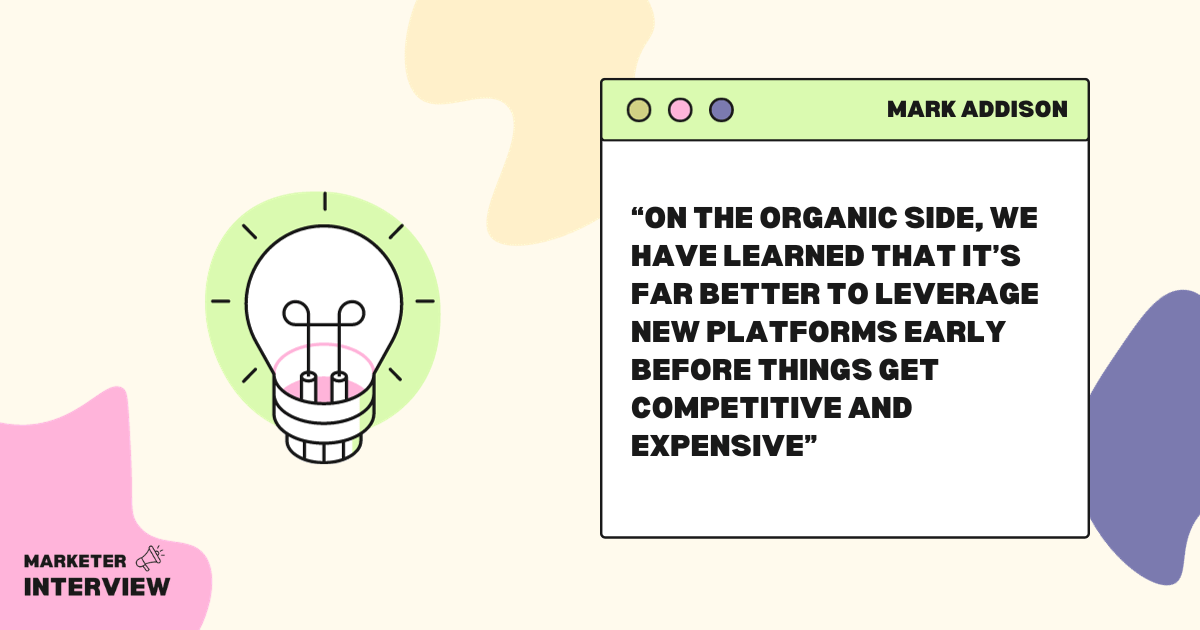
PR and media relations play an essential role in spreading brand awareness. How do you approach these areas to enhance the success of your culture hacking campaigns?
I’m so glad you asked this question! Yes! As I mentioned earlier, PR and press is a significant force multiplier in our strategies. If journalists like your story, they can bring along their millions of readers to put wind in the sails of your campaigns.
But journalists are human beings who want to be respected for their craft. They are wary of being used to promote your commercial interests simply, and they respond better to you if you have built a pre-existing relationship and trust. I realize these are some essential ‘PR 101’ tips, but many digital marketers either don’t know or have forgotten.
We use all the typical software tools for researching media, measuring results, and managing social content. For the culture hacking strategies specifically, it’s not the software tools but the people contacts and industry relationships that matter.
For example, with the ad blocker manifesto, I roped in friends at EFF (Electronic Frontier Foundation) to help me write the manifesto and give me legal advice; I asked a friend who was like hire #4 at Reddit to help me populate r/adblock to get some viral conversations going.
I talked to friends of mine at major advertising agencies to socialize what we were doing within the ad industry; I talked to friends at Mozilla Foundation; I even found a contact at the FTC (Federal Trade Commission) to clear what we were doing and make sure they knew we were championing consumer rights.
You can’t just put out content and expect a global strategy like Culture Hacking to work out; it’s our partner’s resources and personal networks at Rocket Science that allow us to be successful time after time.
